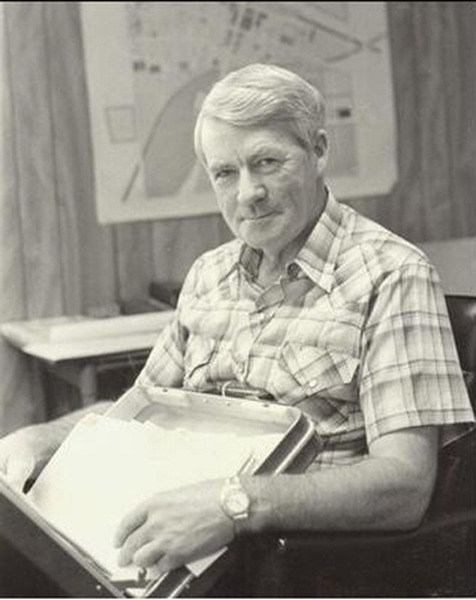The town of Carlyle lost a vibrant and engaging member of the community recently with the passing of former mayor Edward J. 'Ted' Brady.
Brady, who was first elected to council in 1968, and ascended to the mayoral seat in 1974, served the community in that capacity until 1990, making him the longest serving mayor in the town's history.
Brady was a man who left big footprints behind him, expanding his reach into both the provincial and federal spheres.
Elected as the president of the Saskatchewan Urban Municipalities Association (SUMA) in 1977, Brady brought the concerns of his community, as well as all other urban municipalities in the province to the provincial government.
Acclaimed to the presidency of SUMA again in 1981, Brady was known for his push for the provincial government to increase monetary support of the municipalities, as well as pushing for the province to take sole financial responsibility for education.
The move away from property tax funding for schools has been a feature of Saskatchewan Party policy, and steps have already been instituted to increase the provincial government's percentage of payment on education costs, proving in many ways the lasting impact that Brady had on the province.
While this may have been enough for most small-town mayors, Brady took his messages further, seeking and winning the presidency of the Federation of Canadian Municipalities (FCM).
Taking the position in 1983, Brady proved to be ahead of his time, raising the alarm about deteriorating municipal infrastructures.
Now, almost 30 years after raising his concerns on the national stage, municipal infrastructure is a top-ranked issue.
Spoken well of by fellow mayors from larger national municipalities Brady's term in office was stated to be a turning point for the FCM as a whole.
"People from the larger communities, like Montreal and Vancouver and Toronto, they looked up to Ted as a president of the organization," said Brady's long-time friend George Bristow to a reporter from the Regina Leader-Post. ". . . he turned the FCM around for the better."
During his time of office with both SUMA and FCM, Brady was able to ensure that the needs and concerns of small communities continued to be heard, and not lost or overwhelmed by the voice of large urban centres like Regina, Saskatoon, and Toronto.
Brady was born in the community of Carlyle in 1926, moving to Regina to take courses in business before returning back to his home town.
First elected into a public office as councillor for the town of Carlyle in 1968, Brady ran unopposed for the mayoral seat in 1974.
On the front page of the Oct. 24, 1974, issue of The Observer, the newly acclaimed Mayor Ted Brady addressed a letter to his constituents.
"I will be accepting the position as Mayor certainly not for what I can get out of it," Brady wrote. "but for what I hope I may in some small way contribute."
Brady then went on to highlight seven programs he promised to champion.
"1. The Senior Citizens Complex," reads the letter.
Work on what was to become the Moose Mountain Lodge was started by the end of 1974, with the Nov. 14, 1974, issue of The Observer detailing the floor-plans and blueprints of the centre.
"2. Additional low rental housing units," the list continues.
By the end of Brady's time in office, numerous multi-unit and single family residences were available on a fixed-to-income basis.
"3. Some means of local transportation for our senior citizens."
This promise led to the town transit-van that can be seen whisking elderly residents around the town to this very day.
Further promises regarding road-paving, solid-waste disposal and so forth, all reached fruition under the guidance of Mayor Ted Brady, who finished his letter with the somehow still relevant words;
"In conclusion, I thank you for your confidence, and may I suggest that if we all strive together, Carlyle will continue to progress. E.J. (Ted) Brady."
The current town council has issued the following statement in memorial of Brady.
"The current members of Council honour and appreciate Ted's contributions to our community," the message reads, "and to the provincial and federal municipal scene."
"His work and his legacy will live on."




